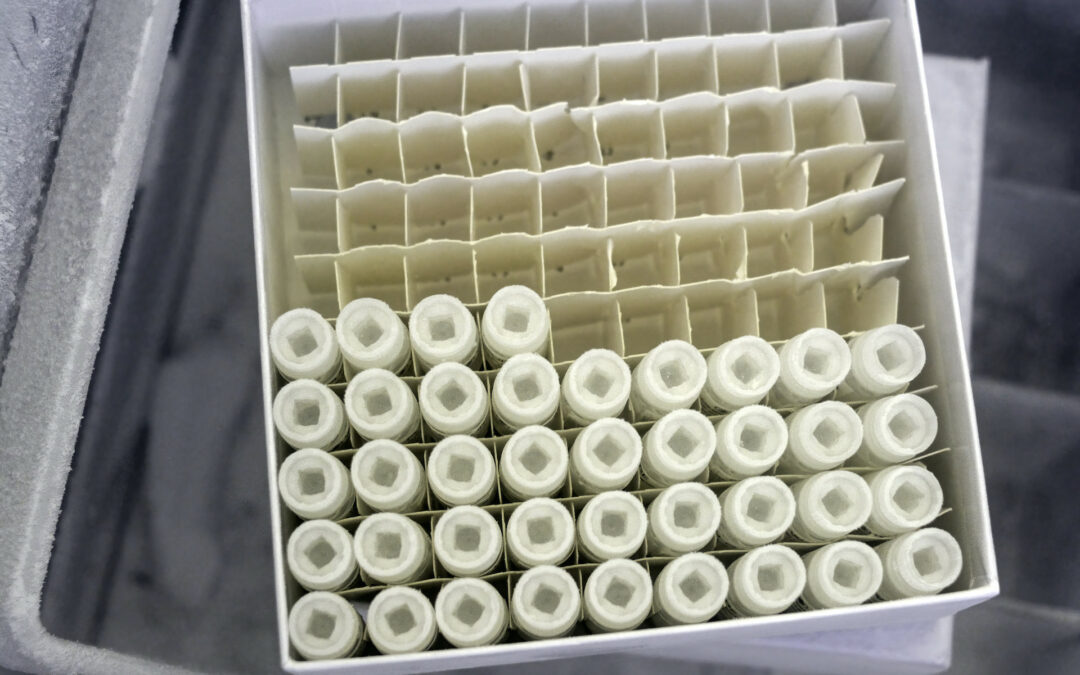
by Karen O'Hanlon Cohrt | Mar 22, 2018 | Trends
In one of our recent posts, we addressed the types of genetic variability that exist in humans and why a greater understanding of these is critical in diagnostics, for predicting our response to new drugs, and in the development of personalized treatments. Here, we...

by Karen O'Hanlon Cohrt | Apr 11, 2018 | Trends
In the modern fast-paced worlds of research and medicine, disease models that take us closer to the real-life situation are highly desirable. While we can’t discredit the power of in vitro cell culture methods to provide important clues about biological processes,...

by Karen O'Hanlon Cohrt | May 2, 2018 | Trends
We gave you an introduction to mesenchymal cells (MSCs) in one of our earlier Cell of the Month posts. Staying with the theme of recapitulating in vivo development processes (check out our most recent post on organoids), we wanted to take a closer look at MSCs and...

by Karen O'Hanlon Cohrt | May 25, 2018 | Trends
In simple terms, cancer organoids are organoids that are generated from cells donated by cancer patients. In our previous post about organoids, we described their many uses and applications, ranging from disease models, drug and toxicity testing, tissue and organ...

by Karen O'Hanlon Cohrt | Jun 18, 2018 | Trends
In addition to their potential for cellular therapy and modeling of developmental processes and disease, mesenchymal cells (MSCs) are rapidly gaining traction in cancer therapy. Although they are not the only stem cells with anti-cancer activity, MSCs are often...

by Karen O'Hanlon Cohrt | Jul 2, 2018 | Trends
Organoids are in vitro-derived miniaturized organs that exhibit self-organization and recapitulate the functions of the in vivo organ they represent. For organoids to mimic their real-life counterparts as much as possible, they must receive appropriate physical and...







